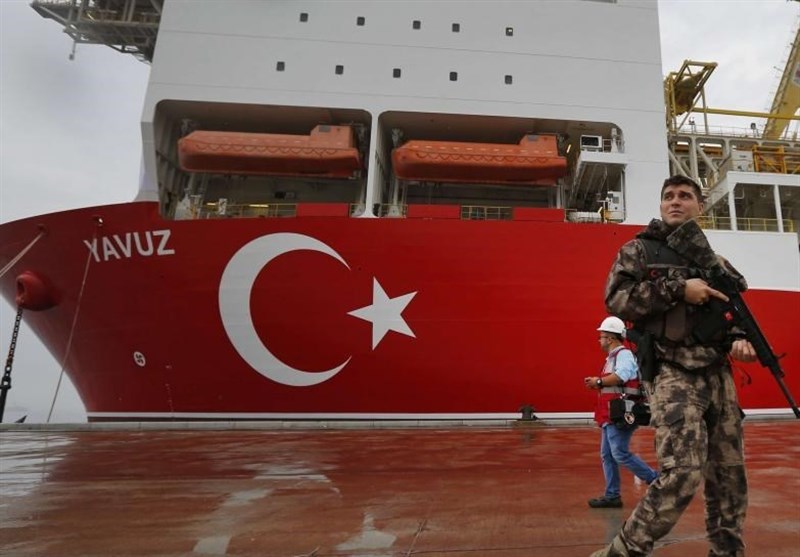Speaking in an interview with the website of the Strategic Council on Foreign Relations, Dr. Mir Qasem Banihashemi, a faculty member of the Strategic Studies Research Institute, referred to the escalation of Turkey’s military movements during the past years and said: Turkey’s military movements have expanded from the Middle East and North Africa to South Caucasus but the country has recently entered into the complicated equations of the Mediterranean, which includes both the Cyprus issue and disputes over the Aegean Sea islands and maritime zone, to such extent that in the South Mediterranean, that is to say coasts of Egypt, Libya, Lebanon and the occupied territories, territorial and maritime interests of Turkey has conjoined with those countries.
He added: It seems that the geopolitical coordinates have greatly influenced Turkey’s foreign policy. In the same manner that Turkey’s current presence in Libya can be examined by considering its geopolitical coordinates, Syria too is on the border with Turkey, and for this reason crisis in that country and the issue of Kurds have led to Turkish intervention in Syria as well as in Iraq.
Referring to the situation of the Black Sea, which is an inland sea, he continued: Given the same geopolitical coordinates, Turkey does not have any tension in the Black Sea with any particular country, and in some way, with several countries having coasts on the Black Sea, has reached an agreement to exploit the resources under and over the seabed.
As for Ankara’s positioning and the role it plays in the case of Karabakh and the differences between Armenia and Azerbaijan, Banihashemi said: With regard to Karabakh and South Caucasus, apart from the geopolitical coordinates, the historical coordinates of Turkey are also influential.
The expert on Turkey affairs further remarked: Although Turkey’s policies and positioning in the surrounding areas are rooted in Turkey’s geopolitical and historical features, they are also largely rooted in the country’s Ottoman heritage.
In continuation, he commented on the consequences of Turkey’s military movements and its foreign policy and noted that up to the present time those policies have greatly influenced the country’s national economy. Especially now that the Turkish lira has devaluated and reached its lowest level since the coming to power of the Justice and Development Party (AKP) and Recep Tayyip Erdogan himself.
Explaining the escalation of some tensions between Turkey and Europe and its consequences, Banihashemi said: Although Europe has not been indifferent towards Ankara’s measures and has not turned a blind eye to Turkey’s disputes with Greece and Cyprus over gas resources, it should be noted that Europe’s foreign policy towards Turkey is not a radical and harsh foreign policy.
He added: Although those tensions have minimized investment and devaluated lira in Turkey, such consequences could affect some of the country’s targets in the long run.
Referring to Turkey’s strategic cooperation with the Russians, both in the field of military weapons and in the South Caucasus, Banihashemi who is a member of the faculty of the Strategic Studies Research Institute said: Despite the fact that Europe and the US need Turkey’s geopolitical position; such cooperation will greatly affect the long-term strategic Ankara-Brussels alliance.
Finally, while stressing that both Erdogan himself and the Justice and Development Party have a pragmatic temperament, Banihashemi noted: It seems that Ankara could make a serious adjustment in its foreign policy towards Europe or even the disputed gas areas in the Mediterranean at a difficult time or situation. As we have seen recently, Turkey has reached an agreement with Greece on resolving issues through negotiations, and in recent weeks the cancellation of some military manoeuvres of the two sides and a telephone conversation between the two countries’ foreign ministers indicate that the two sides are trying to control tension and do not intend to escalate its level because the escalation of tensions will be detrimental to the national economy of both Turkey and Greece.
The expert on Turkey affairs concluded by saying that if Ankara officials notice that the level of their tension with Europe is on the rise, no doubt they would control it and would not allow the issue to undermine bilateral relations too much.










0 Comments